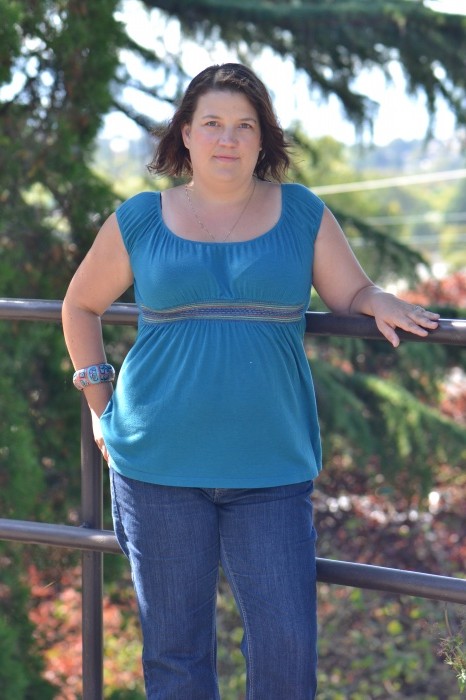A former Camosun College student has quickly become a key figure in garnering public support for BC teachers currently affected by the labour dispute with the provincial government.
Jordan Watters, who took Camosun’s University Transfer program in Education in 2001-2002, launched the Support for BC Teachers Facebook group in May after discovering there wasn’t much of a social-media presence around the issue.

“I went looking for a page that had information and was geared towards supporting teachers as the labour dispute started ramping up at the beginning of May,” says Watters, who has two young children not yet in school, “and there was nothing out there. I was surprised that there wasn’t already a really clear online presence in support of teachers, especially from parents.”
The public response to Watters’ Facebook page was immediate, receiving an average of 750 likes per day for the first two weeks. As of press time, the page has over 18,500 likes.
“The thing just took right off,” says Watters, “so that became a full-time job pretty quickly.”
Watters, who is also running for Victoria school board trustee in the upcoming municipal elections, says the goal of the Facebook page was to be a hub for rallies and activities taking place in support of the BC teachers.
She says that so far it’s been a success, with many spin-off and regional groups starting up from the page.
“I think the teachers were pretty worried going into this that they were going to be fully slandered in the court of public opinion and abandoned by parents, and that doesn’t seem to be the case,” says Watters, “and what’s going on in social media has a huge role to play in that.”
And while the current labour dispute does have to do with schools’ class sizes and compositions, says Watters, it could also have wider-reaching impacts that could affect the whole province, regardless of the outcome.
“There is a lot of fear right now that we are moving towards privatization and that the government’s agenda is to break the union. The fallout could be the complete transformation of the public education system as we know it in BC,” Watters says. “It’s also possible that if the teachers really hold the line that we could get better quality, more fully funded public education. And, meanwhile, the public level of engagement has been heightened, which is only ever a good thing.”
The Camosun College Student Society (CCSS) has also been vocal in their support of BC teachers, posting a letter of support to their website in early August, and picketing alongside the teachers during the summer.
“The CCSS finds it shameful how the BC government has behaved, being found by the Supreme Court of Canada to have unlawfully changed the BC Teachers’ Federation collective agreement, as well as the systematic stripping of our educational systems, whether it be within the K-12 system or postsecondary education, which, historically, have been chronically under-funded and, by extension, undervalued,” the CCSS stated in part of the post.
Watters says that she is pleased that Camosun’s student society has been so public in their support for the striking teachers and adds that she wishes more student societies across the province would follow suit.
“It’s so awesome,” she says. “I’ve been really surprised that not all student societies at universities and colleges have really taken a strong stance. I think that’s so shortsighted. Camosun has always been radical and right on the forefront of this sort of thing, so it doesn’t surprise me.”
